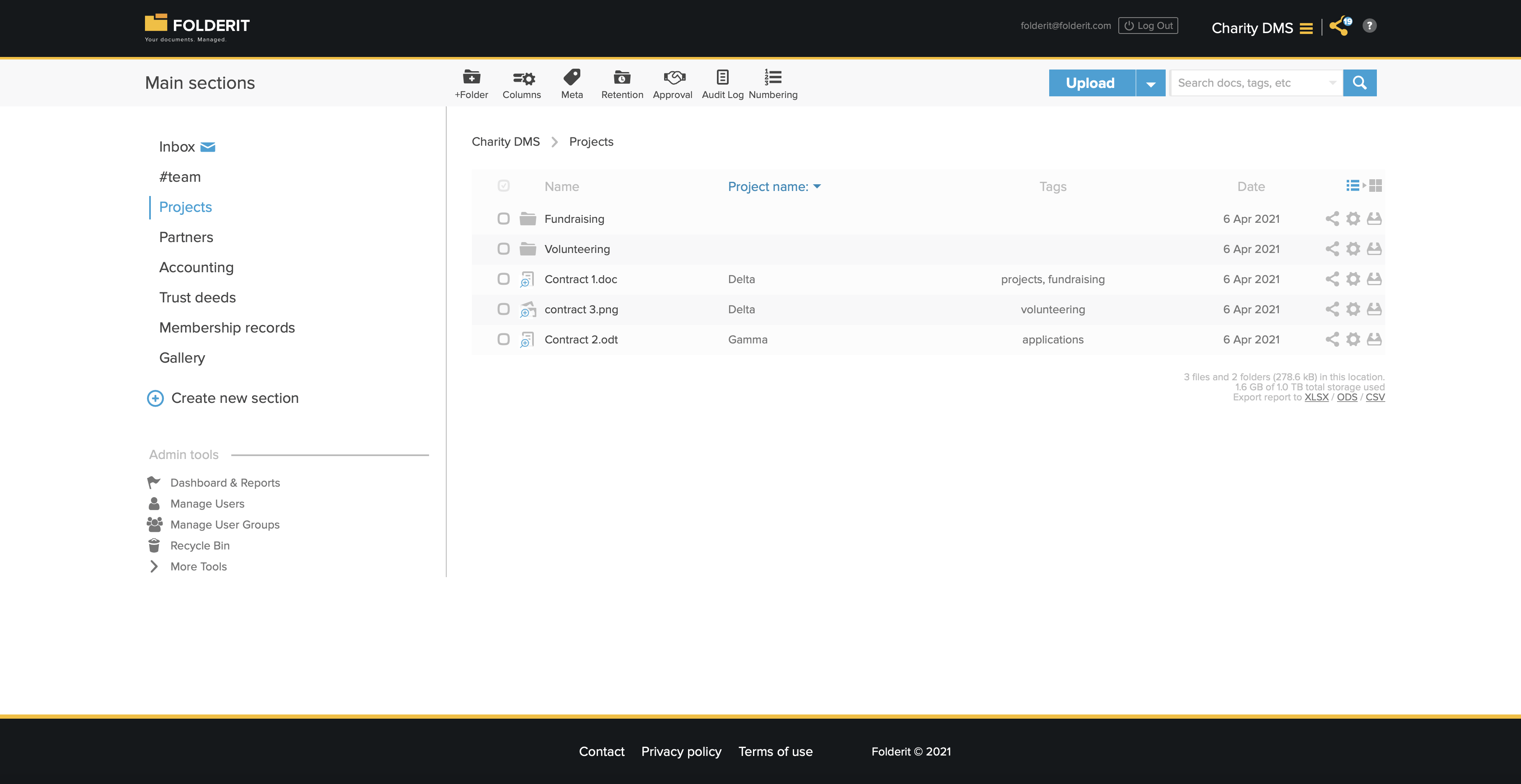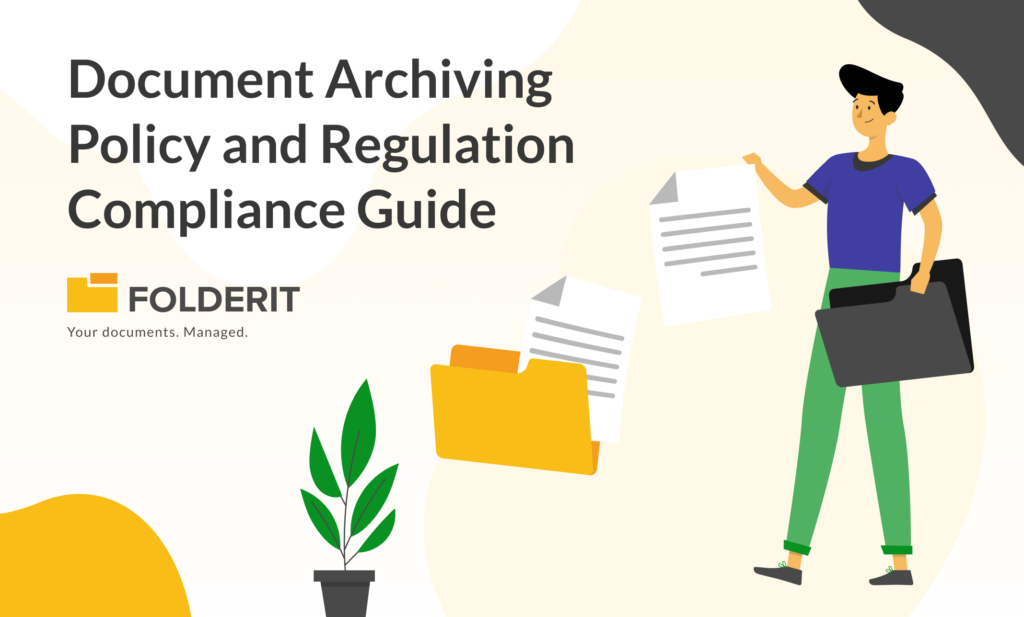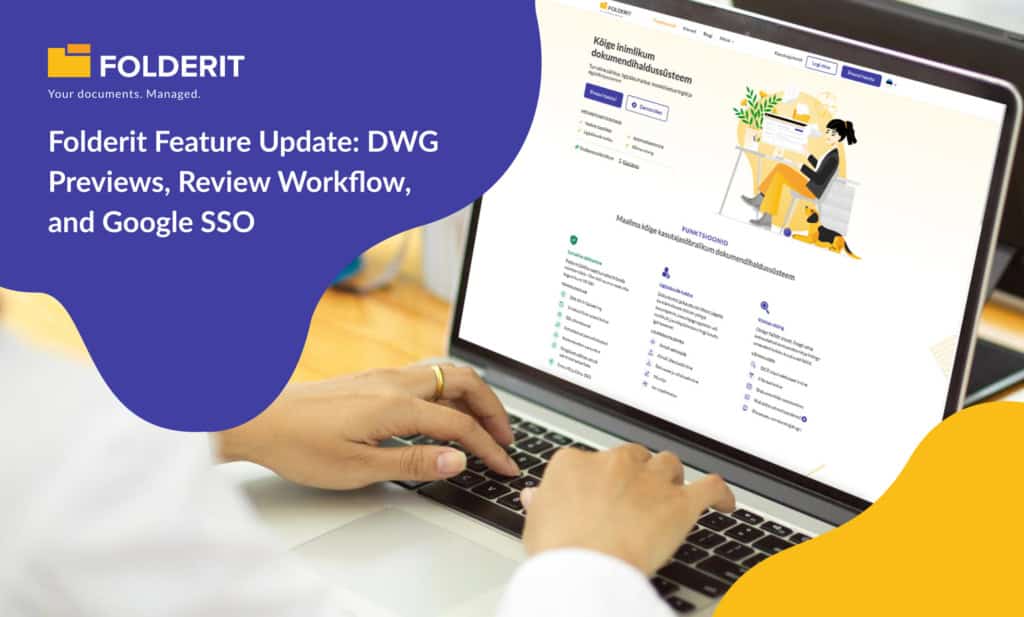Some people are fortunate enough that they can support other people less fortunate than themselves. In some cases, especially in developed communities, people are hard-pressed to find someone to help.
That is where charities come in. Charities are legally registered agencies that can help with healthcare, welfare, voluntary services, research, and rehabilitation (social and civil). They have the infrastructure to ensure that your charitable donations reach communities that could use the support. To retain their operations, the charities have to be extremely transparent about how they are spending people’s charitable donations. That makes record management for charities a very important aspect. Here’s how to make it simple and really affordable.

Complicated Record Management for Charities
Charity record management can present variable challenges depending on country, size, targeted group, whether or not healthcare is involved, if there are operational costs, etc. These continue to be a challenge even for charities that have been around for a while. They have to be highly regulated, and compliance is an important part of the regulation. Charities need to manage these kinds of records.
- Trust deeds
- Governance records
- Correspondence (including emails)
- Policy and subject files
- Case files
- Membership records
- Finance and Resources
- Accounting
- Fundraising appeals, accounts, and literature
- Property records and deeds
- Staff and work
According to the Companies Act, charities need to retain all income-related documentation for 6 years.
This is a massive amount of documentation to retain. However, Folderit DMS will be able to grant you a retention period where you can hold documents for any period, after which the document will either cease to exist, or you can do with it as you please. This will keep the document safe for record-keeping purposes.
Compliance Made Easy
While charities don’t have to agree to any payroll regulations for their employees, they still need to provide evidence that people in your employee are capable of fulfilling their roles. This is to protect against any mishandling of data or resources.
For compliance purposes, you can add any auditors to a folder where they have read-only access to the relevant information. The same system should be able to maintain audit trails, so you know who accessed your system at what time. Ensuring legal evidence of access and compliance. You can also ensure that only users with authorization can access the content through users and user groups, anyone outside these permissions won’t even know of any other folders’ existence.
Data Protection
For obvious reasons, such as protecting the dignity of those you help, it is also crucial to protect donors and donation records. To do that, you need 256-bit bank-level encryption to protect your data backed up in triplicate and transferred only through SSL encryption, ensuring that no unauthorized access be granted to anyone not officially authorized.
Documentation
A charitable organization needs to update its board, donors, and potential donors with all they are doing. To accomplish that you could create newsletters with your coworkers using Microsoft Office 365 (separate subscription required), and get the necessary approvals digitally signed using DocuSign (also requires separate subscription).
You can also collaborate with accounts to generate annual reports on Microsoft Excel and couple their content on Microsoft Word. There are annual submissions to charity commissions, you can prepare a list of content and share it with the stakeholders and get their feedback directly on the document to create a list that everyone is happy with. Anytime you are required to provide evidence, you can use the search function to call upon documentation. You can make it so that all associated files are called together, saving you the effort of having to track each file down individually. You can even scan any documents because the OCR-powered search will help you find read-only content as well.
Conclusion
It falls on each charity to manage their records themselves. All rules and regulations exist to assure donors and charitable individuals that their donations are going to help the people they are intended for. To do this, certain documentation requirements must be fulfilled, and regulations must be met. Folderit can help charities simplify the act of document management and take the tedium out of the process, leaving charities to focus on their good work. And it comes at a lower cost than any other comparable document management sosluions — from 19 € per your whole organization! Folderit truly is the most affordable and fitting records management system software for charities!



